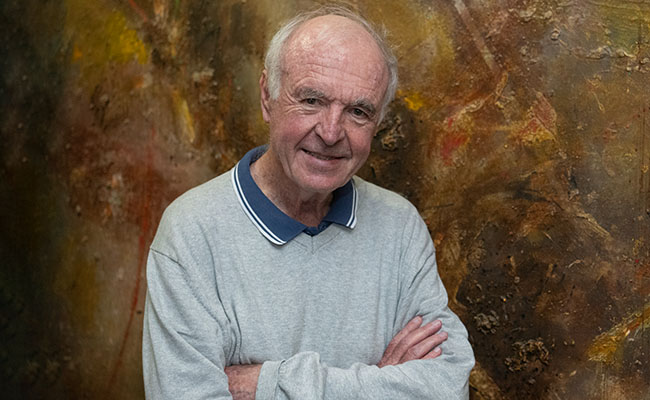The inquiry into the Road Accident Fund (RAF) by parliament’s standing committee on public accounts (Scopa) has been going for a little over a week, and already the revelations on issues fabulously large and comparative small, but not less important, have come thick and fast.
The big question is how big exactly the hole is in the RAF’s balance sheet, and that is still unknown. But in some ways, the comparatively small issues are as revealing as the large ones.
One of those smaller issues is how it came about that around R30m transferred from the lawyers who were given most of the RAF’s work ended up in a trust account associated with an as yet unnamed senior RAF executive, which most of the parliamentarians attending the inquiry suspect is former CEO Collins Letsoalo. The Special Investigating Unit (SIU) has been trying to get an appointment with the executive in question for over a year.
The reason for the suspicion is that testimony before the hearing suggests nothing happened at the RAF without Letsoalo’s knowledge, a kind of sovereign management style underlined by another revelation. A former RAF national security executive, Matome Lehomo, presented in a sworn affidavit testimony about the misuse of funds to provide executive protection to Letsoalo, exceeding board-approved limits.
Lehomo claimed the security cost was about R150,000 a month, which vastly exceeded the approved security allowance of R480,000 a year. Lehomo alleged that he and the physical security manager were suspended after raising objections to the security spending, and that a “security specialist” was brought in (supposedly from the Passenger Rail Agency of South Africa) without proper recruitment procedures to take over.
He also claimed that the board’s decision (the cap) was ignored and that the excess was billed across operational cost centres, including security and facilities.
Evasive tactics
There has in fact been, as previously reported, lots of ignored civil and criminal actions. The SIU revealed that the RAF has R4.8bn in “default judgments” accruing, owing to failures in handling legal claims.
The RAF has been accused of employing evasive tactics to prevent court-ordered attachments and claims enforcement, but the extent and style of the tactics have not previously been revealed. For example, it has been leasing expensive assets (vehicles, office equipment) instead of owning them outright, making it harder for courts to seize them.
One of the curiosities pointed out by Scopa chair Songezo Zibi is that though the committee had previously been told that the new claims process is simple and can be completed without the use of an attorney, the RAF nonetheless conceded this week that most claimants actually need the assistance of an attorney.
Accountant-general Shabeer Khan told the committee that the integrated claims management system is behind schedule and at risk of having to be reconfigured because the RAF has refused to factor in the implication of current litigation around something called the “RAF 1” form. To date the form has been found unlawful by the courts.
It is by now well known that there have been deep structural breakdowns in governance, oversight, internal controls and accountability at the RAF. But the detailed testimony raises serious doubts about how efficiently, fairly and legally public funds have been managed, and whether victims of road accidents have been short-changed.
The hearing will continue next week.
Sign up to Currency’s weekly newsletters to receive your own bulletin of weekday news and weekend treats. Register here.











There are not enough words of condemnation and abhorrence to describe what the ANC has done to our country and it’s good citizens. ‼️‼️‼️‼️‼️‼️‼️